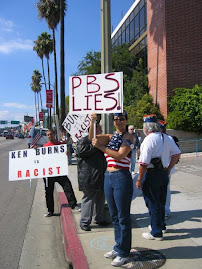
In the summer of 1985, I decided to follow a friend, who followed his brother, into the United States Marine Corps as a reservist. For those who do not know, Marine reservists experience the same basic training (boot camp) as regular, enlisted recruits. The first night of boot camp was one of the most traumatic experiences of my life. After a long day of signing paper work, invasive physical exams, and interminable waiting at MEPS (Military Entrance Processing Station) somewhere in the Los Angeles region, I was bused with other recruits to San Diego. Upon arrival at the dead of night, a Drill Instructor (DI) boarded the bus and barked, “YOU ARE NOW AT THE UNITED STATES MARINE CORP RECRUIT DEPOT AT SAN DIEGO. THE FIRST AND LAST WORDS OUT OF YOUR MOUTH WILL BE SIR, YES, SIR. DO YOU UNDERSTAND?!”
We instinctively yelled back, “Sir, Yes, Sir.” The DI then yelled at us to get off the bus and stand on yellow foot prints on the ground. A host of other DIs met us where we stood and yelled directly into our faces in rapid fire as we stood on the foot prints just before our hair being completely shaven from our heads. I think the fact that this took place during the late evening made this extremely disorienting. I did not sleep at all that night. I wanted to contact the lawyer I did not have to get me out of the there.
Whenever I get together with fellow Marines, we never fail to exchange endless boot camp stories. For non-Marines click on this link of the movie The Boys in Company C to get a small sense of the greeting Marine recruits receive at Parris Island or San Diego. Viewer discretion advised.
Con Safos
fpb

